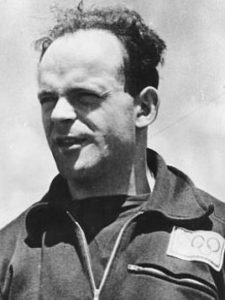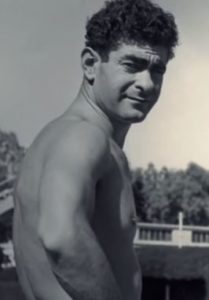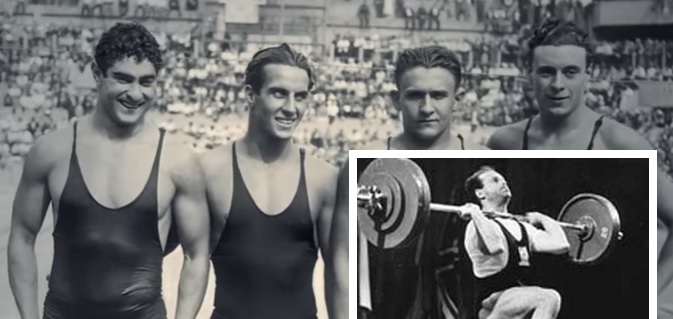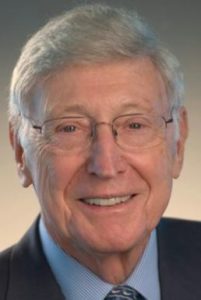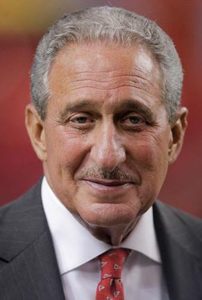Judo World Champion
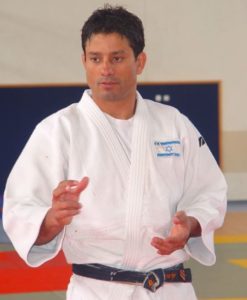
Oren Smadja
Shay Oren Smadja (b. 1970) was born to a Tunisian-Jewish family in Ofakim, Israel. He was the son of Israel’s first judo coach, Morris Smadja, who played a key role in introducing the sport to Israel. Trained by his father, Oren Smadja won his first gold medal in judo at the age of 12. Seven years later, he was Israel’s judo champion. Smadja went on to represent Israel at the 1992 Barcelona Olympics where he won a bronze medal. Three years later, he won the silver medal at the 1995 World Judo Championships. In 2008 he was a participant in the Israeli TV version of “Dancing With the Stars”. Altogether, Smadja won a medal or championship in 14 professional tournaments. He retired after competing in the 1996 Atlanta Olympics, and turned to coaching judo full time.
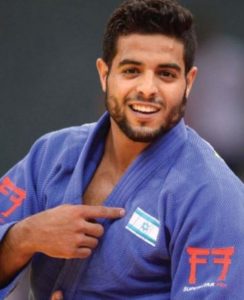
Sagi Muki
One of Smadja’s first students was a four-year old Sagi Aharon Muki (b. 1992) from Netanya, Israel. At the young age of 8 he had to choose to pursue either soccer or judo, and went with the latter. Under Smadja’s tutelage, Muki went on to win the under-20 European Cup in Berlin in 2011. The following year, he was Israel’s judo champion in his weight class, a feat that he repeated in 2013. He continued to win in multiple international competitions, and was ranked second in the world by 2015. That year, he took gold at the European Games and the European Judo Championship. Muki represented Israel at the 2016 Rio Olympics. Unfortunately, he failed to win a medal after severely injuring his spine. Bedridden for months, it seemed that Muki’s career was over. Undeterred, he refused surgeries and instituted an intense healing and training regime. Muki got back into shape and returned to judo at the Grand Prix Tashkent in October 2017. Silencing all of his critics, Muki won gold. Half a year later, he took another gold in the European Championships. Earlier this year, Muki climbed back to the world number 2 spot. Last week he won gold at the 2019 World Judo Championships in Tokyo, making him the first Israeli world champion. Muki also served in the IDF and carries the rank of sergeant. He takes great pride in representing Israel around the world, and is expected to bring home another gold at next year’s Summer Olympics in Tokyo.
How Many Soulmates Do You Have?
21 Facts About Kosher Every Jew Should Know
Words of the Week
Who can challenge the rights of the Jews in Palestine? Good Lord, historically it is really your country.
– Yusuf Diya al-Khalidi, Ottoman politician and Muslim scholar (1899)

